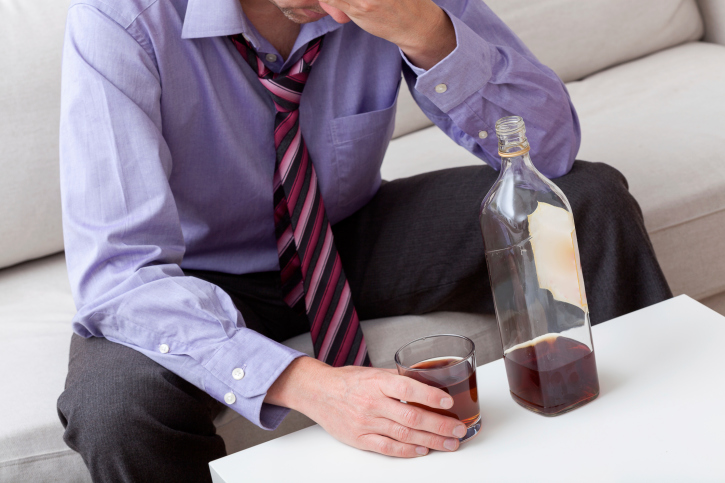April is Alcohol Awareness Month, an important opportunity to raise awareness of alcohol-related issues, learn more about the warning signs of a potential alcohol dependency problem, and understand what you can do if you think you may need to make a change. According to the National Council on Alcoholism and Drug Dependence, 17.6 million people suffer from alcohol abuse or dependence (with many more involved in behaviors that could lead to bigger problems), making alcohol the most commonly used addictive substance in the U.S.
While many people have a drink or two while dining out or during social events, it’s important to be aware if you think you may be overdoing it. Overindulging in alcohol can negatively affect your health, safety, work, and relationships. So how do you know if you may be drinking too much? Below is a list of possible red flags. Think through each statement before responding, but if you answer yes to any of these, it could indicate a potential problem:
- I regularly drink more than I intend to
- I’ve neglected responsibilities or interests after drinking
- I tend to reach for a drink to relax, feel better, or beat boredom
- I feel embarrassed or guilty about my drinking
- I’m annoyed when friends or family members express concern about my drinking
- I sometimes don’t remember what happened after I’ve been drinking
- I engage in daring or uninhibited behavior when I drink (arguing, driving while intoxicated, etc.)
If you answered yes to any of the above, the National Institute on Alcohol Abuse and Alcoholism suggests a number of strategies that may be able to help you take action and take control:
- Avoid your triggers. If certain people or places make you drink when you don’t want to, try to avoid them. If drinking at home is a problem, keep alcohol out of the house.
- Find alternatives. If you’ve relied on alcohol to be more social or cope with stress, loneliness or sadness, find healthier ways to handle these emotions.
- Plan ahead to handle urges. Remind yourself of your reasons for changing, or get involved in a distracting activity, such as exercise.
It’s important to be honest with yourself when it comes to alcohol since it can affect everyone differently. If you think you may have a problem and the strategies above are not helping, talk to your doctor or another healthcare professional about other available options that can help.
How Health Advocate Can Help
If you are a Health Advocate member with access to our EAP+Work/Life program, our Licensed Professional Counselors are available to help you develop strategies to address a potential alcohol abuse issue or find resources that can provide further support.
Other Helpful Resources
To learn more alcohol abuse and ways to get help, please visit any of the websites below for additional information:



